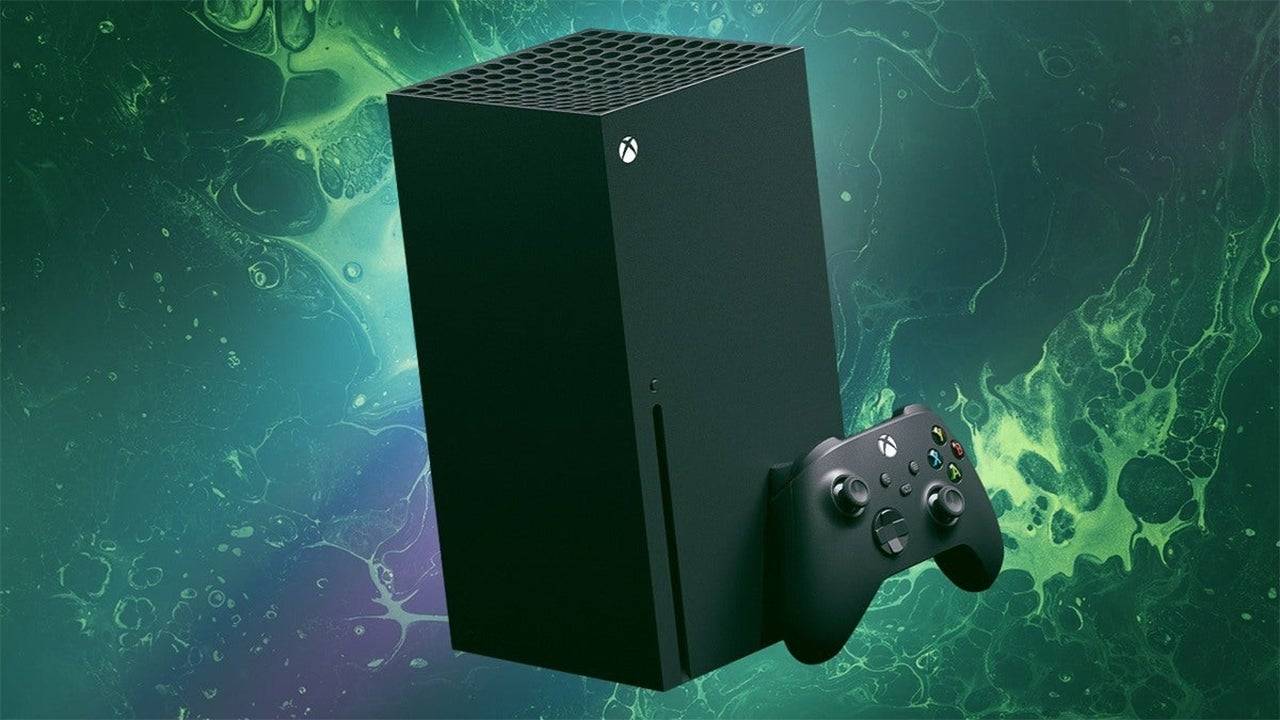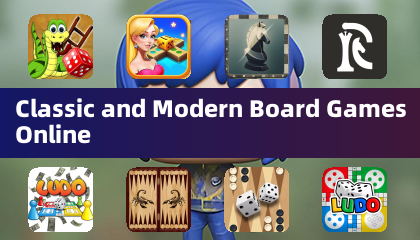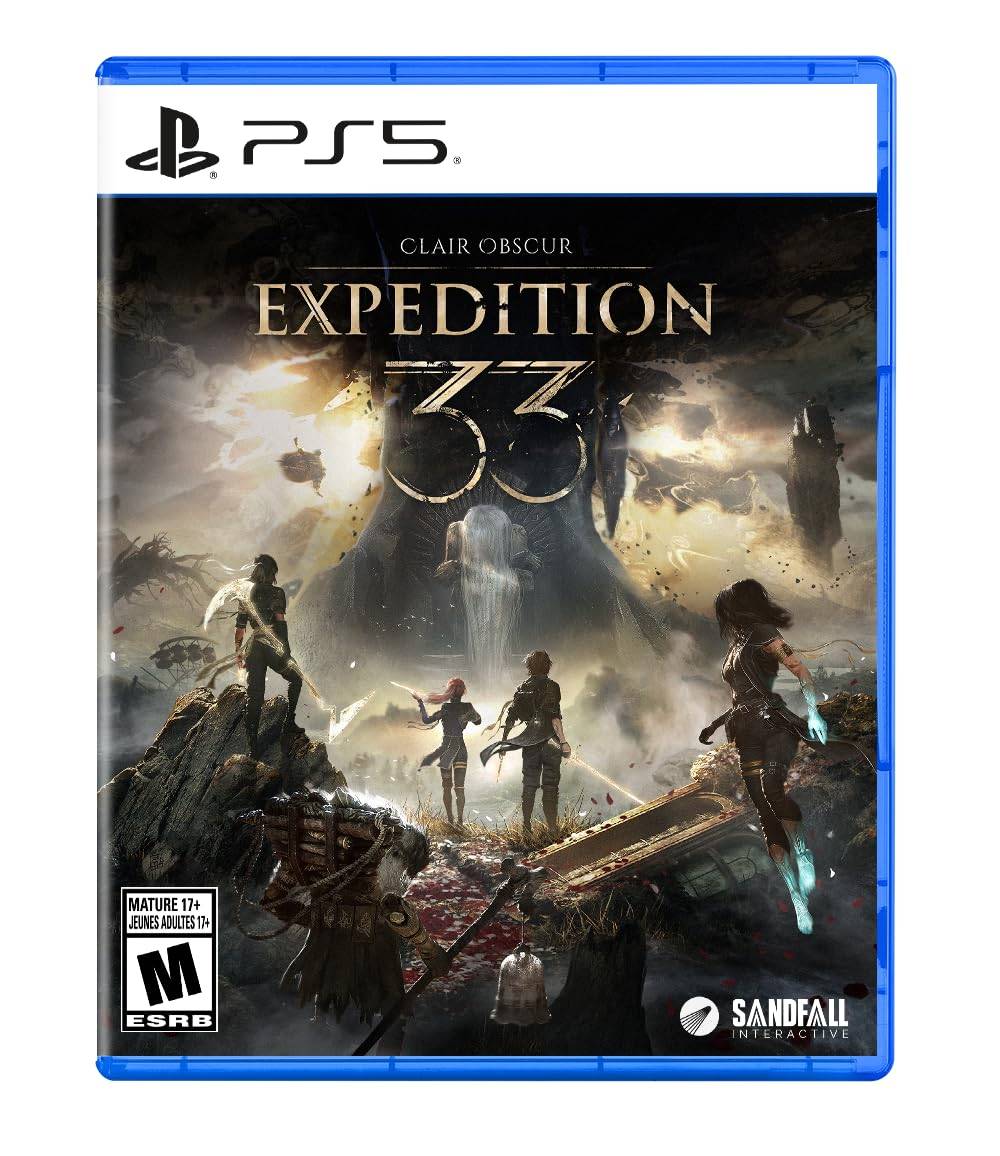The age-old question: PlayStation or Xbox? This debate has raged for years, sparking countless online discussions and heated arguments among friends. While PC and Nintendo loyalists exist, the past two decades have largely been defined by the Sony-Microsoft rivalry. But in a rapidly evolving gaming landscape, shaped by mobile gaming's rise and younger generations' tech-savviness, has the playing field changed irrevocably? The answer might surprise you.
The video game industry is a financial behemoth. Its global revenue soared from $285 billion in 2019 to a staggering $475 billion last year, surpassing the combined revenue of the film and music industries. This growth shows no signs of slowing, with projections nearing $700 billion by 2029. This explosive growth has attracted Hollywood A-listers like Mads Mikkelsen, Keanu Reeves, and Willem Dafoe, reflecting the industry's elevated status. Even Disney, with its $1.5 billion investment in Epic Games, is staking its claim in this lucrative market.

Despite aiming for superiority, the Xbox Series X and S haven't quite hit the mark. Sales figures show the Xbox One significantly outperforming its successors, a concerning trend corroborated by industry expert Mat Piscatella's observation that this console generation's sales peak has passed. 2024 sales figures paint a bleaker picture: The Xbox Series X/S sold under 2.5 million units, dwarfed by the PlayStation 5's first-quarter sales alone (also around 2.5 million). Rumors of Xbox closing its physical game distribution department and potentially withdrawing from the EMEA console market further fuel concerns. This points to a potential retreat, but the reality is more profound.
Xbox hasn't retreated; it has surrendered. Internal Microsoft documents revealed during the Activision-Blizzard acquisition proceedings show the company didn't believe it ever had a realistic chance in the console war. So, what's a console-centric company to do when its latest model underperforms and its parent company acknowledges its failure? It pivots.
Xbox Game Pass has become a central focus. Leaked documents reveal significant investment in securing AAA titles like *Grand Theft Auto 5* and *Star Wars Jedi: Survivor* for the subscription service, highlighting a shift towards cloud gaming. Microsoft's "This Is An Xbox" advertising campaign reinforces this rebranding—Xbox isn't just a console; it's an accessible, always-on service with complementary hardware. This reimagining extends beyond the traditional console; a rumored Xbox handheld, hinted at in leaked Activision-Blizzard documents, suggests a next-gen hybrid cloud gaming platform.

This strategic shift is driven by the mobile gaming boom. In 2024, over 1.93 billion of the estimated 3.3 billion gamers played on mobile devices. While casual games like *Candy Crush Saga* contribute, mobile gaming's influence extends far beyond casual players, dominating across generations, particularly Gen Z and Gen Alpha. Mobile games accounted for exactly half ($92.5 billion) of the $184.3 billion video game market valuation in 2024, surpassing consoles' $50.3 billion share. This dominance isn't new; the Asian mobile gaming market significantly outpaced the West as early as 2013, with titles like *Puzzle & Dragons* and *Candy Crush Saga* outperforming major console releases.
Mobile gaming's dominance isn't the only factor. PC gaming has also seen significant growth, adding 59 million players annually since 2014, reaching 1.86 billion in 2024. Despite this, the market gap between consoles and PCs has widened to $9 billion in 2024, indicating a potential decline in PC gaming's market share.

Meanwhile, PlayStation is thriving. Sony's latest report boasts 65 million PS5 sales, significantly outpacing the Xbox Series X/S's combined 29.7 million. Strong first-party sales further bolster Sony's position. Piers Harding-Rolls of Ampere Analysis projects 106.9 million PS5 sales by 2029, contrasting sharply with Microsoft's leaked projection of 56-59 million Xbox Series X/S sales by 2027. To regain competitiveness, Xbox needs to dramatically improve its sales and profitability, a challenge given Phil Spencer's open stance on cross-platform releases.
However, the PS5 isn't without its challenges. A significant portion of PlayStation users still play on PS4s, and the PS5's exclusive game library remains relatively small. The PS5 Pro's release also received mixed reviews, suggesting a premature upgrade. While the upcoming *Grand Theft Auto 6* promises to showcase the PS5's capabilities, its current offering lacks a compelling reason for many to upgrade.
AnswerSee ResultsSo, is the console war over? Microsoft seemingly never believed it had a chance. Sony has achieved success but hasn't delivered a truly groundbreaking leap forward. The real victor may be those who sidestepped the conflict altogether. The rise of mobile gaming, exemplified by Tencent's acquisitions and Take-Two Interactive's Zynga subsidiary's reach, is reshaping the industry. The future of gaming will be less about hardware prowess and more about cloud infrastructure dominance. The console war may be over, but the mobile gaming battle—and the numerous smaller conflicts it spawns—has just begun.














